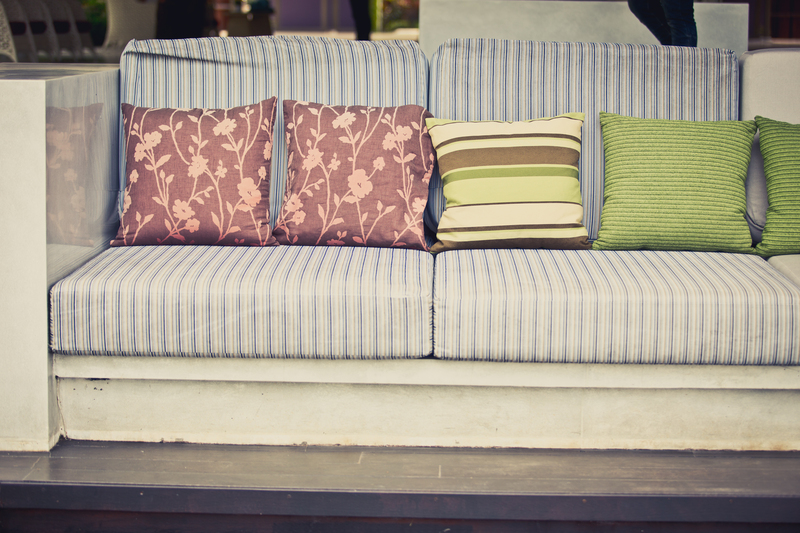Excess Clutter Disposal
Posted on 06/04/2025
Excess clutter is a common problem that many people face in their homes and offices. It can lead to stress, reduced productivity, and even health hazards. This comprehensive guide will walk you through the best strategies for clutter disposal, share useful tips, and discuss the pros and cons. By the end of this article, you'll have a solid understanding of how to tackle clutter effectively.
Understanding the Impact of Clutter
Clutter can significantly impact your mental and physical well-being. Studies show that a cluttered environment increases stress levels, reduces focus, and negatively impacts productivity. In some cases, it can also pose health risks by accumulating dust and allergens, contributing to respiratory issues.

Effective Strategies for Clutter Disposal
Here are some effective strategies to help you dispose of excess clutter:
1. Declutter Room by Room
Take a systematic approach by focusing on one room at a time. This makes the task less overwhelming and allows you to see progress more quickly. Start with areas that have the least emotional attachment to make the process easier.
2. Use the Four-Box Method
Prepare four boxes labeled "Keep," "Donate," "Sell," and "Trash." As you go through your items, place them in the appropriate box. This method helps you decide what to do with each item and ensures that nothing gets overlooked.
3. Set Realistic Goals
Set specific, achievable goals for your decluttering project. For instance, aim to declutter for 30 minutes each day or tackle one closet per weekend. Having clear goals keeps you motivated and on track.
Decluttering Tips for Success
1. Minimize Future Clutter
Avoid re-cluttering by being mindful of what you bring into your space. Practice a one-in-one-out rule: for every new item you acquire, get rid of an old one. This helps maintain balance and prevents clutter from accumulating again.
2. Invest in Storage Solutions
Use storage solutions such as bins, shelves, and drawer organizers to keep your space tidy. Proper storage makes it easier to find items when you need them and reduces visual clutter.
3. Digital Decluttering
Don't forget about digital clutter. Organize your digital files, delete unnecessary emails, and back up important data regularly. Digital decluttering is just as important as physical decluttering in maintaining a stress-free environment.
Pros and Cons of Clutter Disposal
Pros:
- Increased Productivity: A clutter-free environment helps you focus better and enhances productivity.
- Reduced Stress: Removing excess clutter can significantly lower stress levels.
- Improved Health: Less clutter means fewer dust and allergens, contributing to a healthier living space.
- Enhanced Aesthetics: A tidy space is more visually appealing and makes a better impression on guests.
Cons:
- Time-Consuming: Decluttering can be a time-consuming process, requiring dedication and effort.
- Emotional Attachment: Letting go of sentimental items can be challenging and emotionally draining.
- Cost: Investing in storage solutions and organizing tools can incur additional costs.

Takeaways
Decluttering is essential for maintaining a clean, organized, and stress-free environment. By understanding the impact of clutter, using effective strategies, and being mindful of the pros and cons, you can create a space that promotes productivity and well-being.
Conclusion
Excess clutter disposal is a crucial task that should not be overlooked. By taking a systematic approach and using the tips provided in this guide, you can effectively manage and reduce clutter in your home and office. Remember to set realistic goals, invest in proper storage solutions, and practice minimalism to prevent future clutter. The benefits of a clutter-free space are well worth the effort, leading to improved productivity, reduced stress, and a healthier living environment.
Latest Posts
Planet-Friendly Disposal Strategies
House Waste Removal Made Easy: Top 5 Tools
Hard Rubbish: Identification & Disposal Tips





